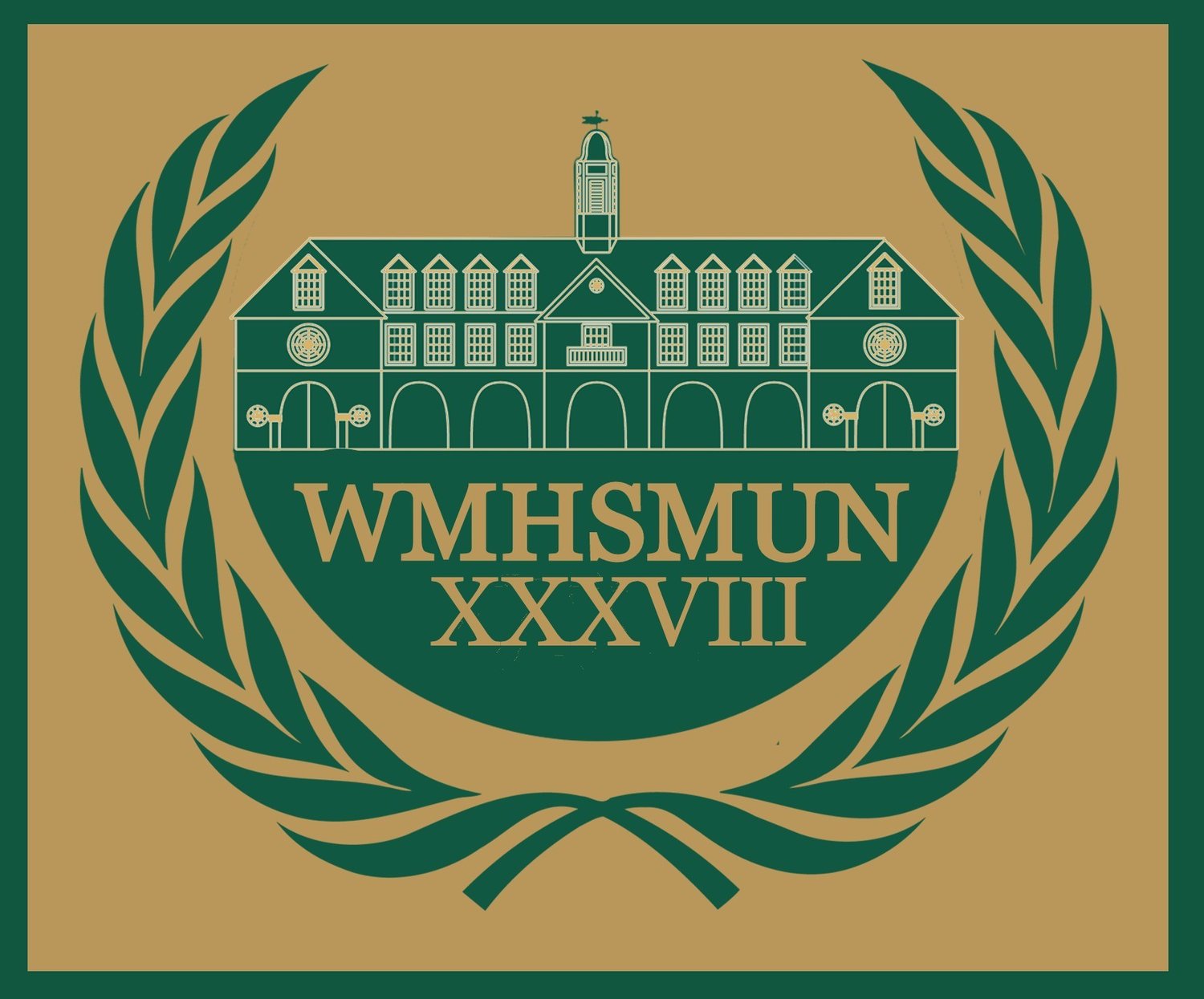International Monetary Fund
Topic 1: Cryptocurrencies
Cryptocurrency is defined as any type of currency that ordinarily has no focal giving or managing authority except for utilizing a decentralized framework to record exchanges and deal with the issuance of new units. A particularly appealing aspect of cryptocurrency is the blockchain innovation, which takes into consideration a framework where each client approaches the record of exchanges. Some organizations of the United Nations have created cryptocurrency funds for their own use. For example, UNICEF has a donation fund known as The Cryptocurrency Fund, which allows for donations to be made with cryptocurrencies and involves an auto-converter that switches the currency used to pay to that of the country receiving the donation. In September 2020, the European Union (EU) announced that a plan was underway to regulate cryptocurrencies in member countries. How could the worldwide community include world monetary foundations with these regulations? Is there a typical legitimate structure that sets up which means are lawful and which are not when it comes to money laundering? How might public banks give greater security concerning illicit tax evasion?
Topic 2: Gaining Confidence from the developing economies
The international monetary fund assists low-income counties with financial support through the use of surveillance program which provides continuous monitoring of member countries' economic and financial policies. The Standby Credit Facility is used for financing low-income countries with actual or potential short-term balance of payments and adjustment needs caused by external shocks. In addition, the Rapid Credit Facility is used as a one-off disbursement for low-income countries facing urgent balance of payment needs. Unfortunately, due to the collapse of fixed exchange rates in 1973 the fund has taken a more active role. This more active role has also led to more conditions attached to loans which were often too harsh and harmed developing countries. The current lack of confidence in the IMF is leading to countries finding riskier alternatives. What policies can be put in place or establish to further support the developing countries financially?
Director: Ryan Silien


